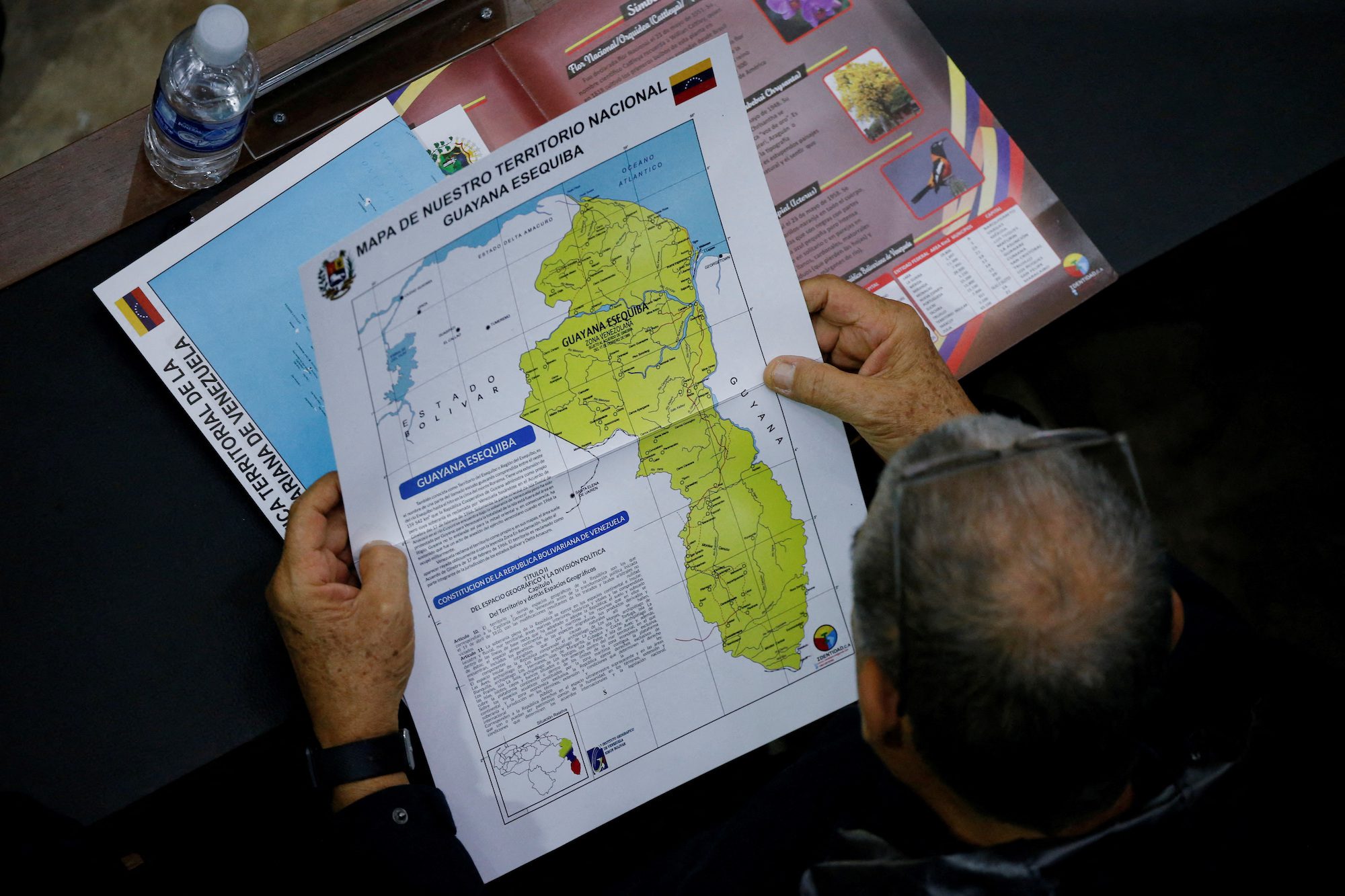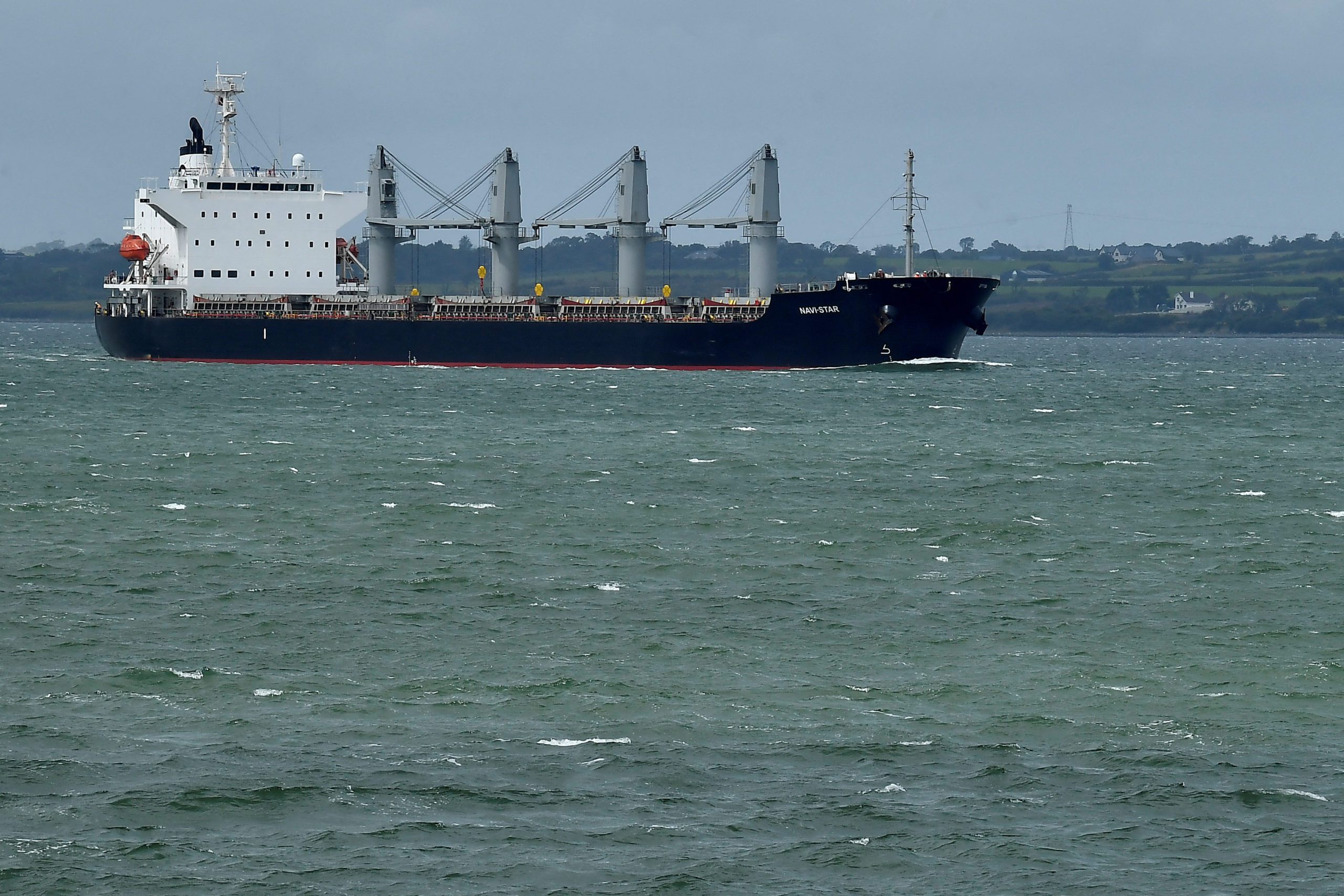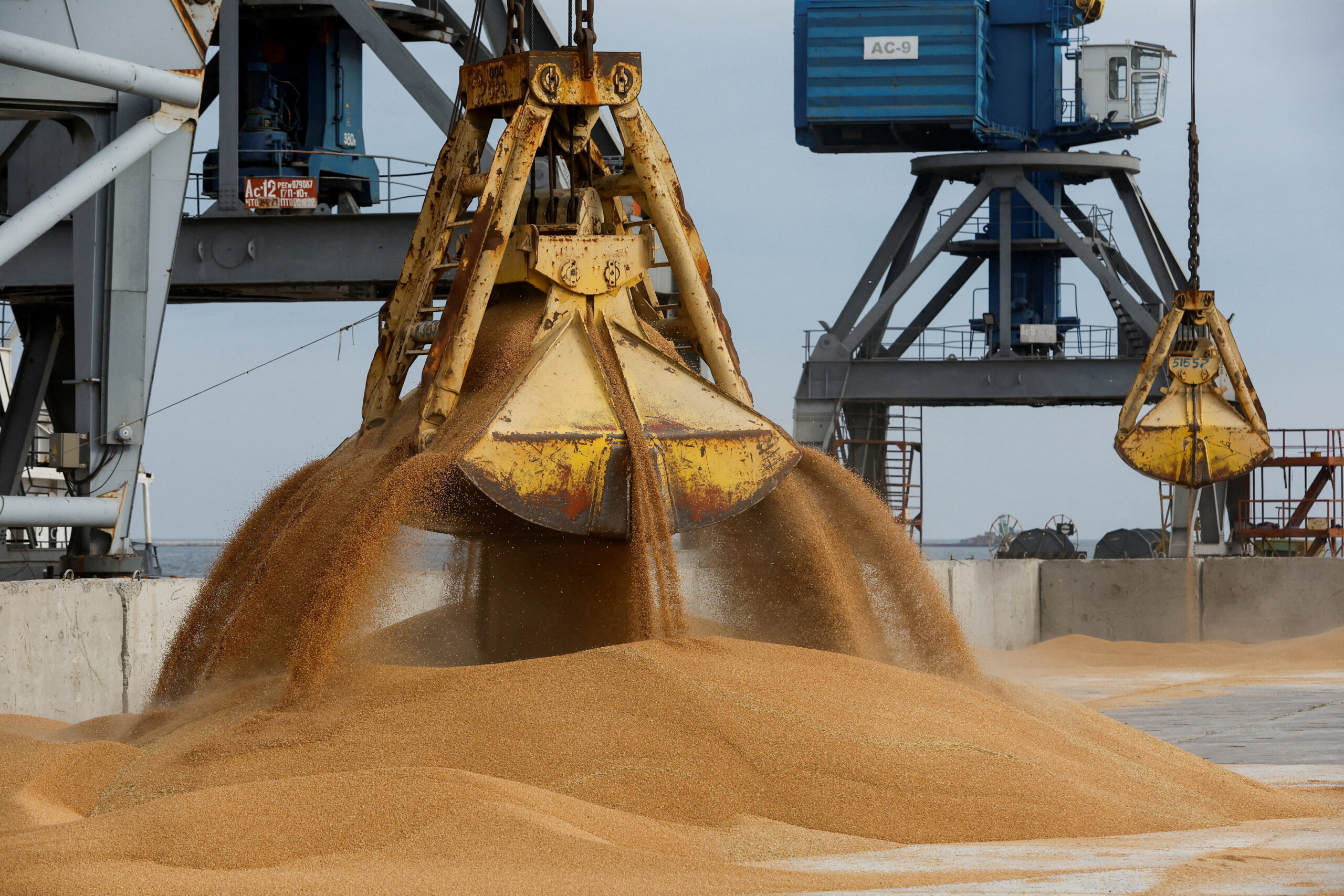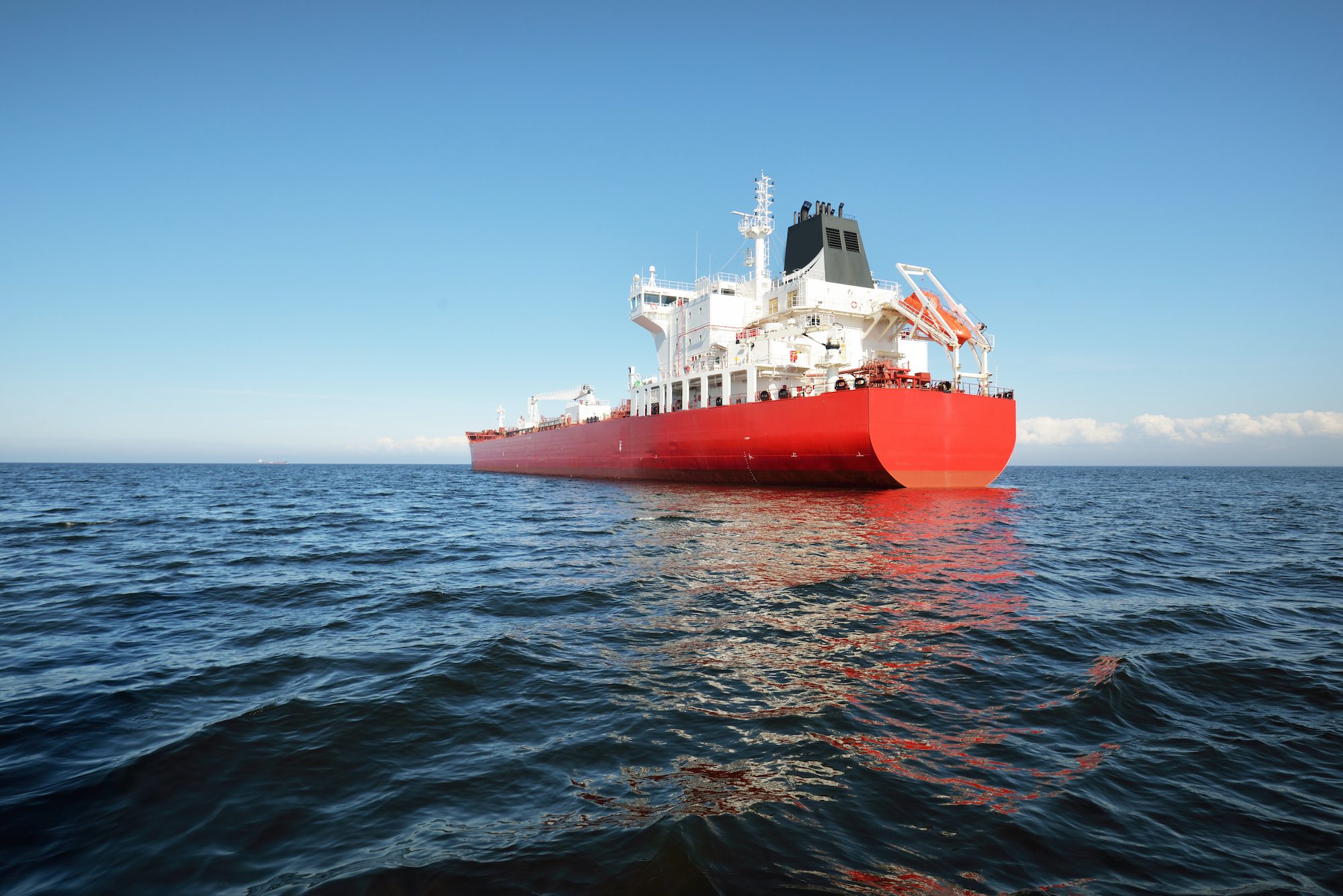By Julia Symmes Cobb
Dec 6 (Reuters) – Tensions between neighbors Venezuela and Guyana have ratcheted up in recent weeks over a long-running territorial dispute.
At issue is a 160,000-square-km (62,000-square-mile) border territory around the Esequibo river, which is mostly jungle, and an offshore area where massive discoveries of oil and gas have been made.
Both countries claim ownership of the territory, which is sparsely populated and whose much-disputed border was agreed under a 1899 decision when Guyana was still part of the British Empire.
WHAT HAS SPARKED THE TENSIONS?
Venezuela reactivated its claim to the territory in recent years after the finding of some 11 billion barrels of recoverable oil and gas off Guyana’s coast.
Caracas won backing in a referendum at the weekend to create a new state and President Nicolas Maduro has pledged oil and mining exploration in the claimed area.
Analysts and sources in Caracas have said the referendum, in which voters also rejected the International Court of Justice’s (ICJ) jurisdiction over the case, will not translate to actual invasion. It is, they say, an attempt by Maduro to show strength and gauge support for his government ahead of 2024 presidential elections.
WHY IS THE TERRITORY IMPORTANT?
Though the onshore area of the Esequibo is largely undeveloped jungle, there have been major offshore discoveries of crude and gas nearby in recent years, putting Guyana on the world map of oil producers.
A consortium by Exxon Mobil, China’s CNOOC and U.S. Hess began oil production in Guyana in 2019.
Oil production is currently at some 400,000 barrels-per-day (bpd) of oil and gas and is expected to rise to more than 1 million bpd by 2027. It has sharply boosted Guyana’s economy and promises huge income for the country over the coming years.
Though Venezuela sits on the world’s largest crude reserves and also has massive deposits of natural gas, its production has fallen significantly in recent years on U.S. sanctions, alleged corruption and deteriorated infrastructure.
Maduro said on Tuesday he would authorize oil exploration in the Esequibo, with state oil company PDVSA and state iron-and-steel maker CVG creating divisions for the disputed region.
His office has said Guyana should not be allowed to grant concessions in “to-be demarcated” ocean areas.
It is not entirely clear which offshore areas Maduro is claiming for Venezuela, but he has said all companies already operating offshore Guyana have three months to leave. Exxon has said border disputes are for countries and relevant international bodies to solve.
WHAT HAS THE ICJ SAID?
Guyana had asked the ICJ to bar the referendum.
The court did not go that far in a ruling last week, but it prohibited Venezuela from taking any action that would change the status quo.
Maduro has repeatedly said the referendum is binding, though the vote was previously referred to by his government as “consultative.”
WHAT HAS BEEN GUYANA’S RESPONSE?
Guyana’s President Irfaan Ali said on Tuesday the country will report Maduro’s comments about proposed oil development to the United Nations and the ICJ and that he has spoken with U.N. Secretary General Antonio Guterres.
His country’s armed forces are on high alert, Ali added, saying Venezuela had declared itself an “outlaw nation” and blatantly disregard ICJ orders.
Ali also sought to calm potential investors, saying Guyana has been assured of support by partners and the international community.
Venezuela’s foreign minister said on social media on Wednesday he spoke to his Guyanese counterpart about what he called Venezuela’s “unappealable mandate.”
Guyana’s government has questioned turn-out figures given by Maduro’s government for the referendum.
Electoral authorities on Sunday spoke about 10.5 million votes on the five referendum questions, but later said that figure referred to total voters. Reuters witnesses saw several poorly-attended polling places during the vote.
(Reporting by Julia Symmes Cobb, additional reporting by Deisy Buitrago, Marianna Parraga and Kiana Wilburg, Editing by Rosalba O’Brien)
(c) Copyright Thomson Reuters 2023.

 Join The Club
Join The Club












